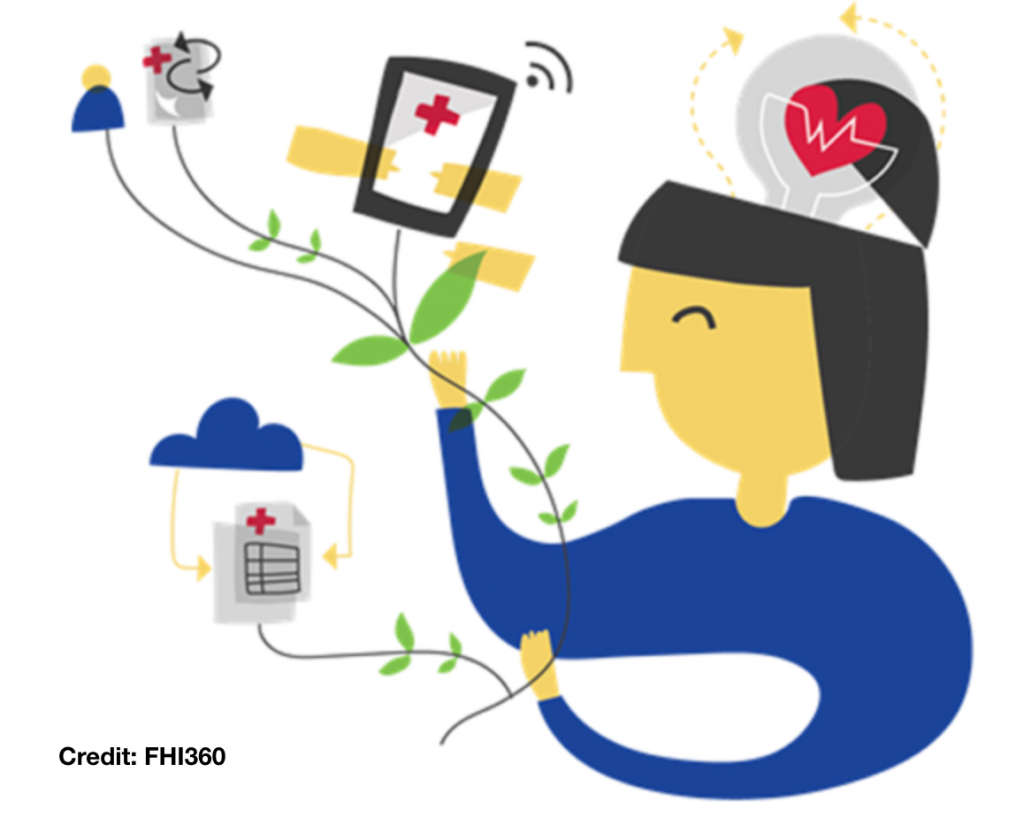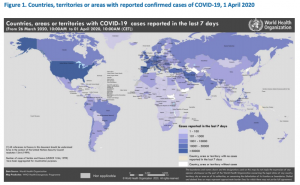What do Healthcare Professionals Have to Say? * Laura, MPH – Crafts the Message to Vaccinate!*
Our doctors, nurses, and other healthcare workers combat active disease, while people in public health work to prevent infection from happening. Along with disease prevention, they also promote education and wellness.
Laura has her master’s degree in public health and has been working in this line of work for 30 years. She has extensive knowledge of vaccine-preventable diseases, how to prevent them, and the importance of vaccines.
Laura works in patient education, where she helps craft the message between the doctor and the patient.
She’s a middleman, helping doctors solve how to present information to their patients in a helpful way so that their patients can make good decisions about their health and the health of their families.
Her work involves translating science and evidence in a way everyone can understand. But before she can craft a proper message, Laura needs to determine what people’s concerns are and how to address them.
Laura learns what patients need to know about vaccinations through focus groups.
A focus group is a collection of people led by an expert, discussing a topic—in this case, vaccines—in order to voice their opinions and address their questions.
Focus groups are a great way to help Laura determine the best way to help patients learn about vaccines, as well as how to teach doctors to talk to their patients most effectively about the importance of immunizations.
You have to go and understand why and listen to what people’s barriers are and what they’re thinking, and then chip away at that. You have to spend a lot of time listening to why people are making the choices that they are making.
-Laura
Laura crafts materials such as handouts and brochures for patients, as well as for doctors so they can effectively relay information to their patients.
Handouts are one of the most valuable resources, as Laura has found that patients often have a hard time remembering everything they’ve gone through with their doctor. These materials also offer additional information as well as reputable and valuable websites with appropriate and accurate facts and data.
One of the most effective ways to change someone’s mind, in Laura’s opinion, is to make a connection by telling a story–put that person in someone else’s shoes.
What if your sister had a child who had cancer? And what if your child had the measles because you didn’t have him vaccinated? Then, because you didn’t have your child vaccinated, your nephew or niece got sick, and that child ended dying? How would that feel?
-Laura
She says that making the consequences of a patient’s actions feel real helps to get them to think about the ramifications of their choices.
Laura often searches for real examples and case studies for doctors to share that their patients can relate to.
I want people to think ‘this isn’t about me, but about all the people around me. This could affect someone that I know.’
– Laura
Laura wants you to know that vaccinating is about the common good—it’s about protecting your community by aiding in minimizing disease.


